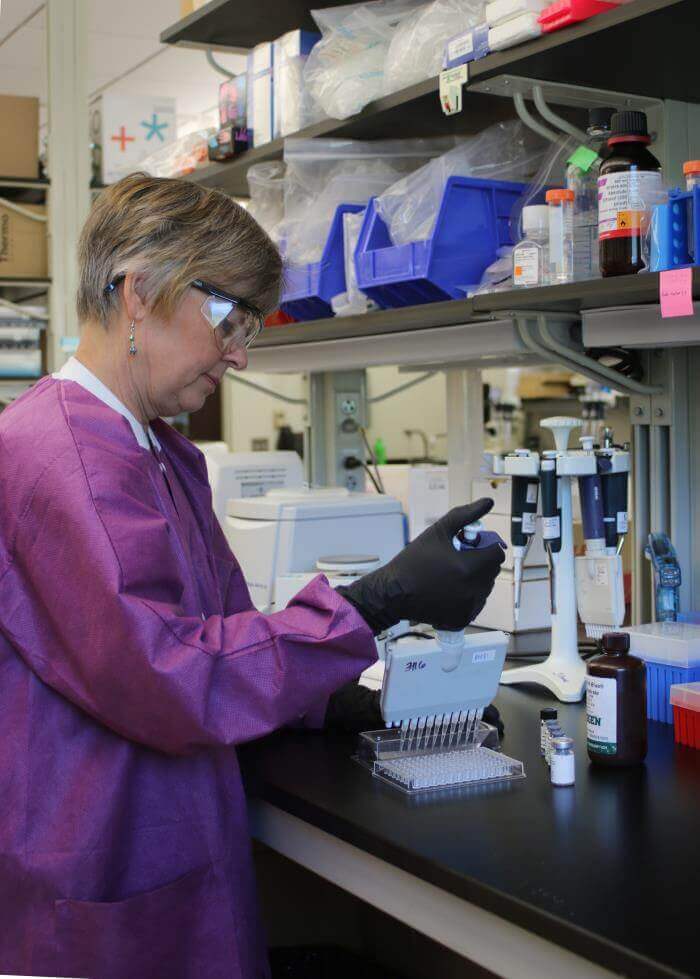 A CDC researcher prepares reagents that would be used in a CDC-developed Zika diagnostic test. Photo: CDC/Sue Partridge, CDC- Ft. CollinsOn Wednesday, 26 current and past presidents of the American Society of Tropical Medicine and Hygiene (ASTMH) sent a letter to the leadership of the US Senate and House of Representatives urging policymakers to pass an emergency spending bill to combat the Zika virus as
soon as possible, calling failure to do so “imprudent and reckless.”
A CDC researcher prepares reagents that would be used in a CDC-developed Zika diagnostic test. Photo: CDC/Sue Partridge, CDC- Ft. CollinsOn Wednesday, 26 current and past presidents of the American Society of Tropical Medicine and Hygiene (ASTMH) sent a letter to the leadership of the US Senate and House of Representatives urging policymakers to pass an emergency spending bill to combat the Zika virus as
soon as possible, calling failure to do so “imprudent and reckless.”
Six months have now passed since the White House first requested US$1.9 billion in emergency funding for the Zika virus response, yet Republicans and Democrats
in Congress have failed to reach a compromise position, and last month Congress adjourned for summer recess without passing a funding bill. As a result,
US agencies involved in the response, including the US Centers for Disease Control and Prevention and the National Institutes of Health, have been
forced to repurpose funds from the Ebola response and other accounts to continue financing efforts to curtail the spread of the Zika virus. But President
Obama and agency leaders have voiced mounting concerns that federal funds to fight Zika are quickly running out and lack of funding could delay vaccine research and development.
In the letter to congressional leaders, ASTMH’s current and past-presidents note that, “The science is clear, the call to action is clear and yet, political
infighting has carried the day while the outbreak continues….Patchwork and inadequate funding will not do the job—plain and simple.”
The letter continues: “Without proper funding, researchers cannot sustain surveillance, planning, mosquito control, or research and development efforts
to protect our most vulnerable populations, including women and children.” It ends by urging Congress to “get this job done now.” This collective leadership
letter is the first of its kind for the Society, which is the largest international scientific organization of experts dedicated to reducing the worldwide
burden of tropical infectious diseases and to improving global health.
Click here to read the full letter.

